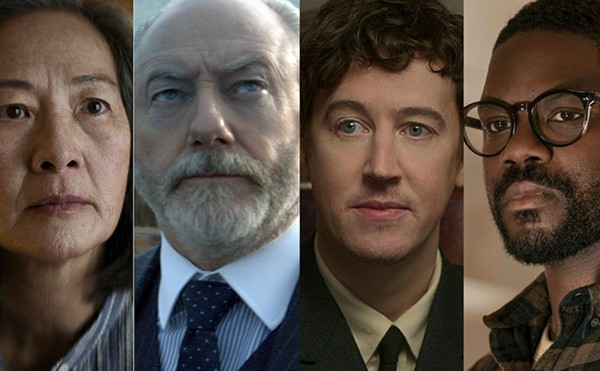I had one of those ah-ha experiences last week when I read an essay in the July/August Atlantic Monthly. The author, Nicholas Carr, wrote this:
“Over the past few years I’ve had an uncomfortable sense that someone, or something, has been tinkering with my brain, remapping the neural circuitry, reprogramming the memory. My mind isn’t going – so far as I can tell – but it’s changing. I’m not thinking the way I used to think. I can feel it most strongly when I’m
reading.
“Immersing myself in a book or a lengthy article used to be easy. My mind would get caught up in the narrative or the turns of the argument, and I’d spend hours strolling through long stretches of prose. That’s rarely the case anymore. Now my concentration often starts to drift after two or three pages. I get fidgety, lose the thread, begin looking for something else to do. I feel as if I’m always dragging my wayward brain back to the text. The deep reading that used to come naturally has become a struggle.”
I have had the identical experience and it’s quite disconcerting, since I’ve been a compulsive reader most of my life. I’ve blamed the poor concentration on anxiety, late-blooming ADHD and, of course, aging. But Carr has another explanation: the internet.
He posits that the constant clicking on links and multitasking have literally affected the way we read and think. It’s not an outlandish idea when you consider that, decades ago, Marshall McLuhan made much the same point with his famous statement, “the medium is the message.” That means we are affected not just by a medium’s content, but by the technology of the message.
Studies in so-called neuro-plasticity have indeed demonstrated how the brain can be “re-wired,” by meditation, by reading novels, and more. In Carr’s opinion and in the opinion of many cited in a similar July 27 article in the New York Times, the internet’s main cultural effect in this regard is its replacement of books as a primary source of information. At the same time, some say, because internet browsing does require reading, many students may be reading more than ever.
But, critics counter, the difference in reading a complicated novel and a website is important. A study of low-income students concluded that frequent novel reading is the only type of reading that predicts academic success. Nonetheless, school systems are scrambling to teach internet literacy. It’s not likely that books are going to become more popular anytime soon.
Personally, I’m ambivalent about this. On the one hand, like Carr, I don’t feel good about not reading with the same depth as I used to. While text-wise I appreciate the internet’s telegraphic method of communicating unlimited information, I’m well aware that I’m often just skimming the surface of topics online and that the medium, with all its links, actually encourages distraction.
As Carr writes, “When we read online ... we tend to become ‘mere decoders of information.’ Our ability to interpret text, to make the rich mental connections that form when we read deeply and without distraction, remains largely disengaged.”
But I’m also aware that the imagistic quality of cyberspace often does add depth to online writing. The video and sound clips, plus illustration, add up to something we don’t get when reading a book. Of course, you can argue, like Carr, that such literal activities are not a real substitute for the engagement of the imagination that a novel requires.
But there’s another level that the internet adds: discussion. Unless you’re in school, reading a book is a solitary experience. On the internet, you can almost always find people discussing whatever you’re reading or investigating.
Meanwhile, though, it’s true that my day-to-day thinking does take on what one person in Carr’s essay calls a “staccato quality.” I find that as I start thinking or speaking about a subject, my mind becomes associative, flying all over the place, as if I were clicking links online.
I doubt there’s much point in trying to resist this change. Even novels, like newspapers and magazines, are moving online. I’m just glad to learn I’m not the only one sometimes feeling “stupid” with a book in my hands. •
Cliff Bostock holds a Ph.D. in depth psychology. This article first appeared in Creative Loafing, Atlanta’s alternative news weekly.
SURF’S
UP>> A PITHY GUIDE TO RIDING THE WEB
snagfilms.com: This site does a true public service, streaming free documentaries — and not those B.S. lady feeding her cat help-cries on YouTube, either — real, worthwhile, non-fiction films teaching valuable life lessons, like episodes of PBS middle-school science rehash Nova, the shocking music-industry-kinda-sucks exposé Dig!, and the groundbreaking eating-McDonald’s-every-day-makes-you-a-giant-fat-ass screed Super Size Me.














